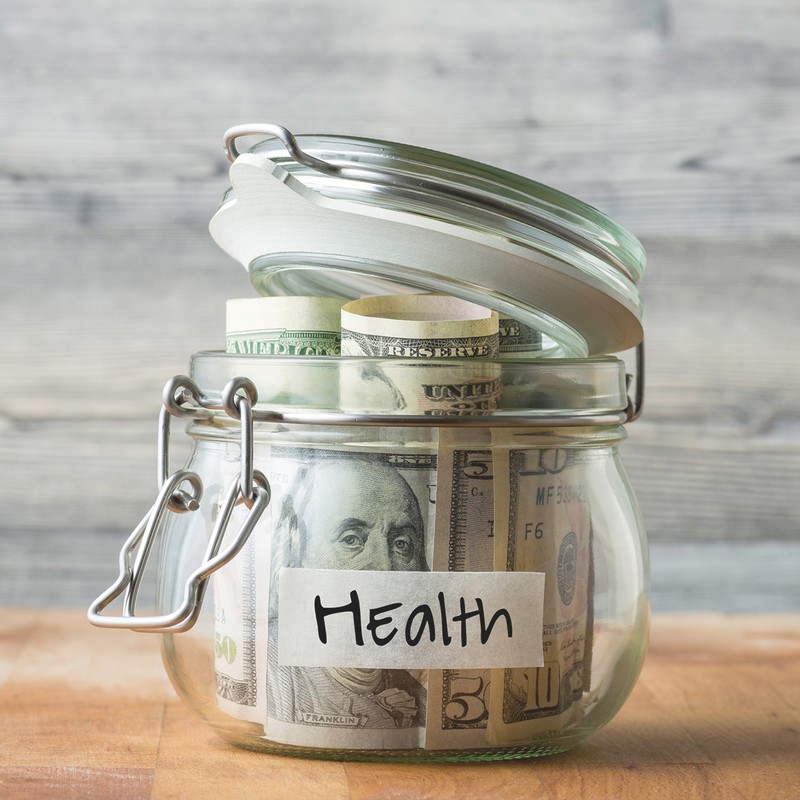How Can We Eat Healthily When Junk Food Is So Much Cheaper?
Advocacy for a healthy lifestyle permeates our everyday lives – from Instagram to YouTube to billboards. But despite all this encouragement to eat well, it’s actually hard for many people in the UK to follow a healthy diet. This can be particularly felt by families, who struggle to afford enough food for everyone, let alone afford foods with the right nutritional value. This can lead to all sorts of problems, particularly obesity. Children from poorer backgrounds tend to be more affected by childhood obesity than families who are better off, which could be down to the fact that they aren’t able to afford healthier foods.
A new study conducted by the Food Foundation has revealed about 4 million children in the UK live in households that can’t afford fruits, vegetables, fish and other healthy foods in order to meet the official nutritional guidelines. The survey found the poorest fifth of families would have to set aside more than 40% of their total weekly income after housing costs, to satisfy the requirement of the government’s Eatwell guide.
The Food Foundation also said 47% of UK households (about 14 million) didn’t spend enough money on food to meet these dietary recommendations – a number which rises to 60% for single parent families. Furthermore, just under a fifth of unemployed people spend enough to meet Eatwell’s definition of a healthy and balanced diet.
“The government’s measurement of household income highlights the fact that millions of families in the UK cannot afford to eat in line with the government’s own dietary guidance,” said Anna Taylor, the Executive Director of the Food Foundation. “It’s crucial that a coordinated cross-government effort develops policy that accounts for the cost of its recommended diet and creates a food system that does not consign those on lower incomes to the risk of diet-related illness.”
Despite the fact most think millennials are obsessed with eating avocados, research shows that 18-34-year olds are struggling to eat healthily because the food costs too much. A survey carried out in March by Aviva, found more than three-quarters of young people were interested in eating more healthily but found themselves unable to afford the food. As such, millennials are finding they have far more unhealthy relationships with what they eat – 40% of women said they starved themselves in the day to “save the calories” for a night out. 65% of women said they were worried about their relationship with food.
There is a great example of this dichotomy between healthy food and money: many will remember when Alfie Deyes made a very misguided video about living off £1 for a day (which was swiftly removed after an intense backlash) in June. Despite being completely tone deaf, it actually raised a very good point about living below the poverty line in the UK – during the day, he was able to buy the following for £1: four pan au chocolat (314 calories each); a latte (110 calories); three Krispy Kremes (680 calories) a coffee (46 calories); macaroni cheese (540 calories); and baked beans (364 calories). For the one day when he lived like some people in the UK have to live, the only food available to him was those high in calorie content and with little to no nutritional value.
There needs to be some sort of shift in our relationship with healthy food and junk food – research by Cancer Research UK suggests millennials are set to be the most overweight generation since records began.Taxes could be imposed on unhealthy food as many have called for, but this would only work if junk food was taxed and healthier options subsidised.
Research conducted by the University of Melbourne proposed taxing all foods that are high in sugar, salt or saturated fat, except for whole foods like meat and milk. At the same time, they suggest government subsidies to make fruit and vegetables cheaper would prevent household bills from increasing; the two combined would add almost 500,000 extra years of healthy life onto Australia’s population, as well as saving AUD$3 billion (£1,652,160,870) in healthcare costs. But one can’t happen without the other: taxing junk food alone just makes it harder for those who are poorer to afford anything. But if we were able to follow this model, it seems like the most realistic way of helping keep the UK healthy.
DISCLAIMER: We endeavour to always credit the correct original source of every image we use. If you think a credit may be incorrect, please contact us at info@sheerluxe.com.


